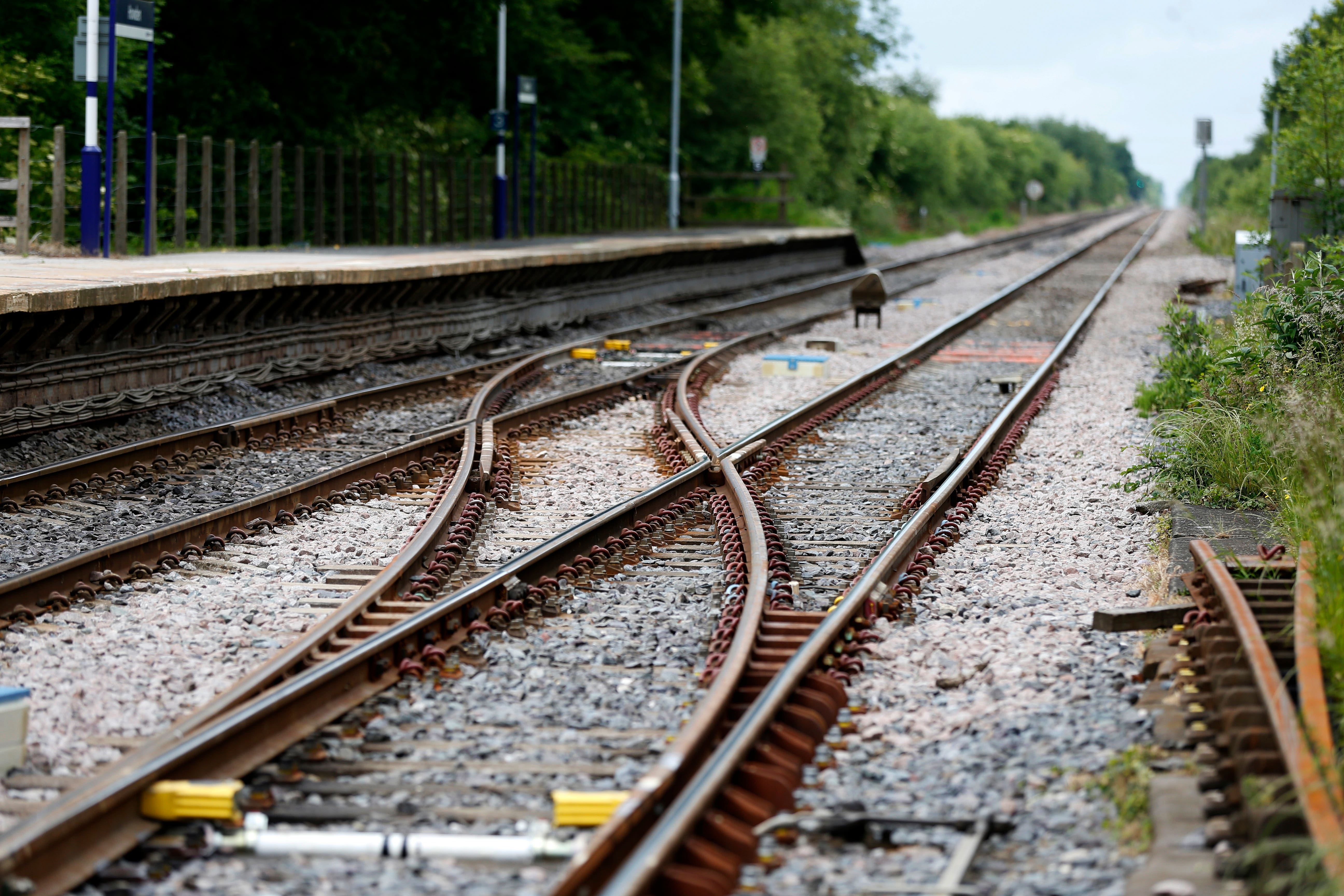Where in Britain are train delays and cancellations hitting hardest?
Some 41% of train services in the first half of the year were at least one minute late, according to new analysis.

Your support helps us to tell the story
From reproductive rights to climate change to Big Tech, The Independent is on the ground when the story is developing. Whether it's investigating the financials of Elon Musk's pro-Trump PAC or producing our latest documentary, 'The A Word', which shines a light on the American women fighting for reproductive rights, we know how important it is to parse out the facts from the messaging.
At such a critical moment in US history, we need reporters on the ground. Your donation allows us to keep sending journalists to speak to both sides of the story.
The Independent is trusted by Americans across the entire political spectrum. And unlike many other quality news outlets, we choose not to lock Americans out of our reporting and analysis with paywalls. We believe quality journalism should be available to everyone, paid for by those who can afford it.
Your support makes all the difference.More than two out of five train services in Britain during the first half of the year were delayed, new figures show.
Some 41% of services in that period were at least one minute late, according to BBC analysis of industry data collated by website On Time Trains.
A further 3% were cancelled, while 56% were on time.
Stations in Wales had the highest cancellations rate between January and July, at 7%.
Across English regions, the highest figure was in the North East (6%).
Of Britain’s 100 busiest stations, Huddersfield had the highest rate of cancellations (13%) with more than 5,500 trains due to serve the station axed.
This was followed by Manchester Victoria (10%), while York, Newcastle and Manchester Oxford Road all had the joint third highest figure (9%).
All these stations are in the TransPennine Express (TPE) area.
Its reliability was badly affected by drivers’ union Aslef banning overtime.
Services have improved since this ended on June 15, after the operation of trains was nationalised on May 28.
The Government and industry need to sort this out and ensure services run to schedule so that passengers can travel with confidence
Paul Tuohy, of pressure group Campaign for Better Transport, said: “We want people to travel by train so high rates of cancellations are unacceptable.
“The Government and industry need to sort this out and ensure services run to schedule so that passengers can travel with confidence.”
Reliability of services across Britain has been affected by a series of issues, including infrastructure failures and strikes by staff.
There was widespread disruption on Saturday due to a walkout by members of the Rail, Maritime and Transport union (RMT) at 14 train operating companies and drivers in the Aslef union refusing to work overtime shifts.
A Department for Transport spokeswoman said: “Ministers have been clear with operators they need to deliver punctual services, keeping delays to a minimum.
“To help make our railways more reliable, it’s crucial unions agree to reforms that will modernise the industry.”
Services can be cancelled or delayed due to a variety of causes, including adverse weather, infrastructure issues such as track or signalling faults, train faults and external incidents such as trespass
A spokeswoman for industry body the Rail Delivery Group said: “The rail industry is working hard to make sure that customers have reliable and punctual train services.
“This includes significant investment to improve infrastructure and rolling stock reliability.
“Services can be cancelled or delayed due to a variety of causes, including adverse weather, infrastructure issues such as track or signalling faults, train faults and external incidents such as trespass.
“The ongoing national dispute involving the rail unions has caused disruption to services both on strikes days and on the days either side of them, but operators have tried to run as many services as possible.”